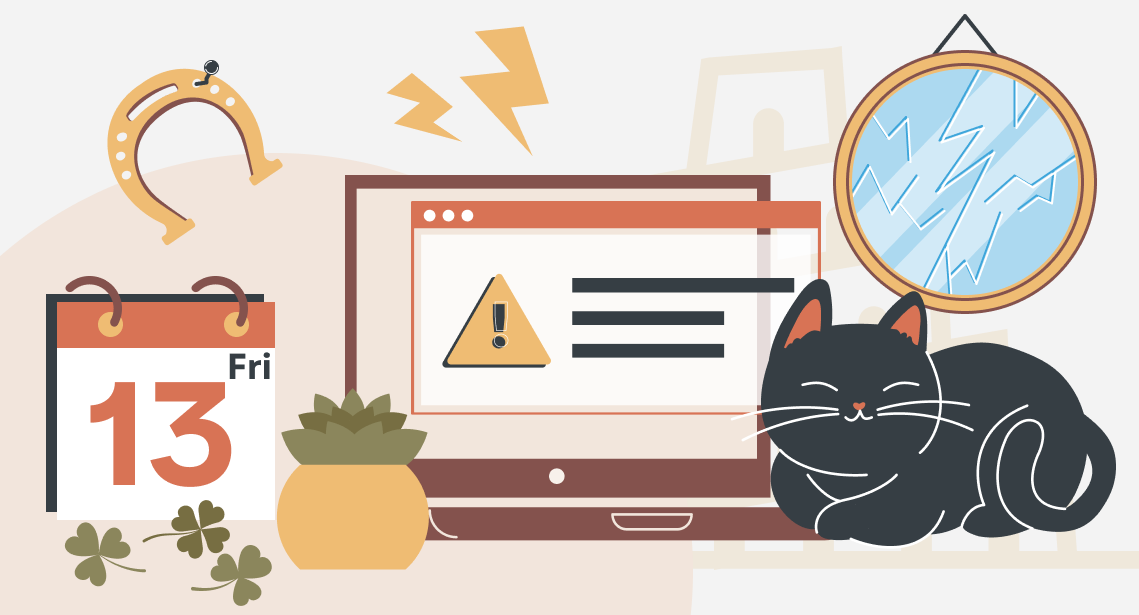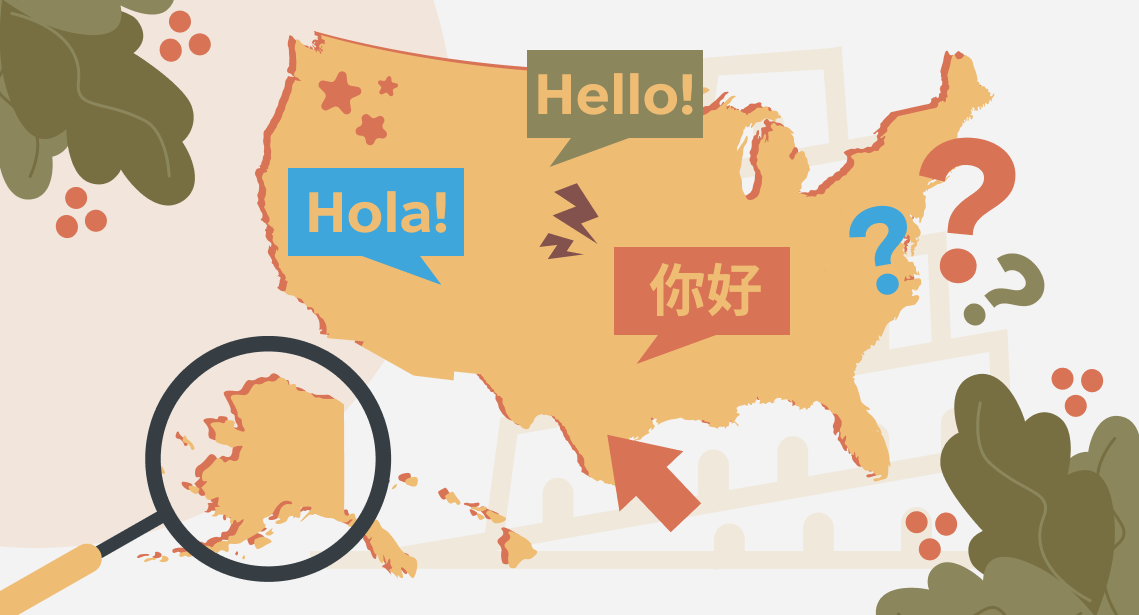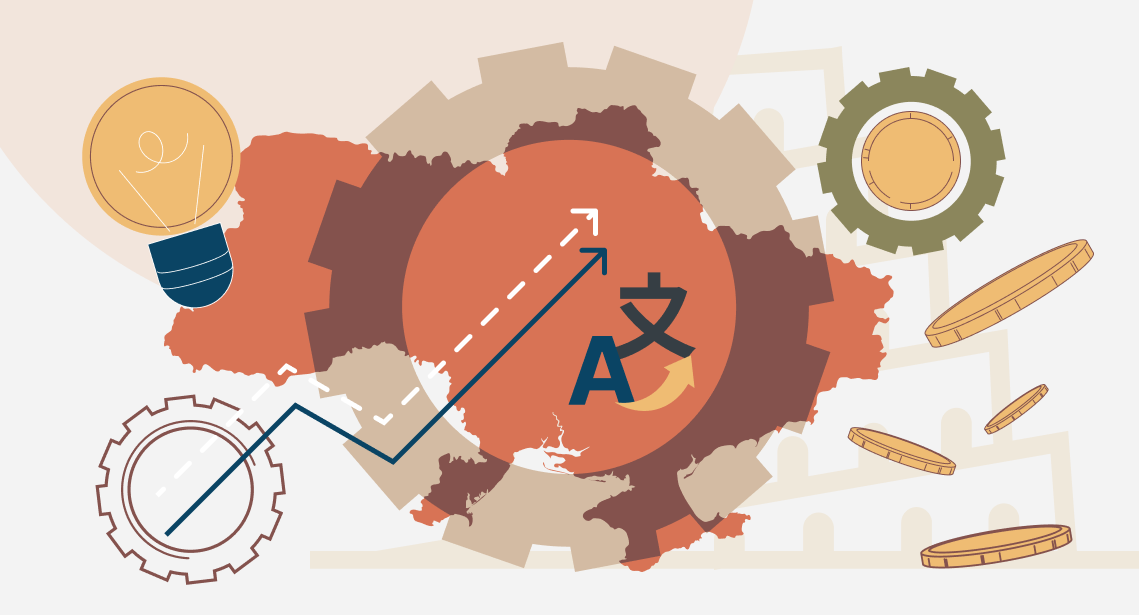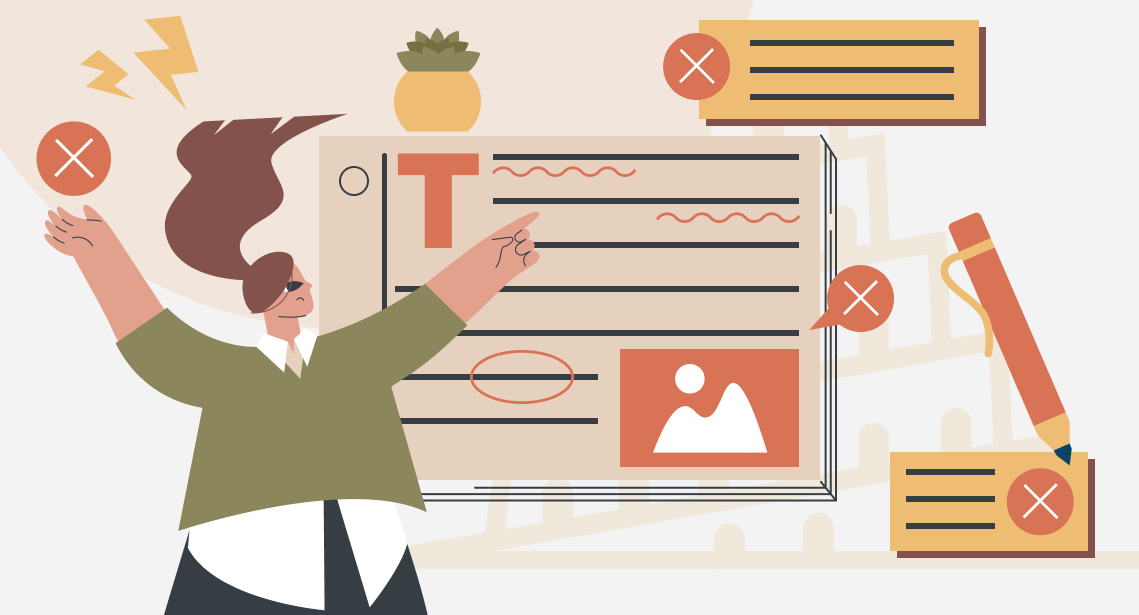How to Choose a Translation Agency

This article provides step-by-step instructions for clients looking for translation services who may be outside their expertise and thus don’t know how to find a competent service provider. We outline some of the simplest steps that can be taken to minimize the likelihood of choosing an unreliable translation agency. Agencies use similar procedures when working with both freelance translators and other agencies.
Before start: determine your exact needs
Different agencies focus on different types of orders and offer different levels of quality and service. Some work cheaply and quickly, but expect undemanding clients, while others focus on premium clients, offer multiple levels of quality assurance, and respond to client requests right away. In addition, different agencies specialize in various types of translation and a range of subjects: so it’s unlikely that one solution will suit everyone.
Conclusion: determine the level of quality that you expect. We wrote about this in more detail in our articles about types of translation agencies and translation quality.
A quick review
Let’s imagine that you’ve found several translation agencies that, at first glance, meet your requirements. And now you need to choose one of them. Before contacting an agency, conduct a few basic checks to learn more about it.
Company website
This is a company’s calling card, designed to make an impression on visitors and provide them with information about the services provided. You can read a lot between the lines when looking at a website.
- Design quality. This is not directly related to translation quality, but it allows you to conclude whether or not the agency is willing to invest in itself. A well-thought-out site design is an indirect indication of commercial success or, at least, of serious intentions to achieve such success. A cheap template design is a sign that a company doesn’t have the means to create something more professional or it doesn’t see its site as a channel for attracting clients.
- Quality of the text. This is a much more important criterion, probably the most important. Design flaws may be forgiven, but errors in grammar, punctuation, and spelling in texts written by language professionals are unacceptable. If an agency doesn’t take the trouble to check the quality of the text on its site, is there any reason to expect quality work from them when completing your orders? Errors can sometimes be found in texts that describe quality assurance. The simplest way to check the spelling is to copy the text from the site and paste it into Word. This is a basic check that professional translators run automatically.
- Competitive advantages. Check which competitive advantages the agency highlights on its website. Promises such as “a page of translation for the price of a beer” or “top translations at rock-bottom prices” are clear attempts to attract clients through low prices. When a company provides a detailed description of its quality-assurance procedures, but prices are only provided upon request, this means that it is focused on an individual approach to its clients’ needs. The quality and the price are always in inverse proportion to one another: determine an acceptable range for you.
- Domain, email address. Pay attention to the site address and the email used for correspondence. If a company is concerned about its brand and image, it’s unlikely that it will host its site on a free service and use an e-mail provider like Gmail for correspondence. Even new companies can afford paid hosting and an email server, not to mention established professionals. In addition, free services are used much more often by scammers and fly-by-night companies: they have no reason to earn a name for themselves.
- Company reputation. This is more difficult to check, but it can be done. With the help of Wayback Machine, for example, you can find out how long a company’s site has existed and how it has changed. You can search for complaints from clients about quality or from translators for non-payment. It is worth finding out whether a company is a member of professional associations and whether it takes part in professional conferences. Check out social media pages, where you can usually find a lot of interesting information.
- Blogs, articles, news. True professionals aren’t afraid to share their experience or to teach less experienced co-workers. Many agencies and professional freelancers maintain blogs, write articles, and give presentations at conferences. Familiarize yourself with the information on the company site and assess it. If everything boils down to advertising for the company, this would indicate that the authors have nothing else to say. If the site contains useful information, however, this would speak to the company’s experience.
- Speed of response. Contact an agency with a request for a particular service and note the time. If they don’t respond to you within 30 minutes during working hours, this indicates a problem with communication. If an agency makes you wait even before selling you something, what do you think it’s going to be like when you give them an order to complete? Even if an agency is overloaded with ongoing projects, they should send at least a short response, such as “Thank you for your query. We will review your files and give you a detailed answer within X time.”
Questions to translation agencies
If you have checked the above-mentioned issues, and an agency makes a positive impression on you, try to determine its qualifications. Some standard questions are provided below; any serious translation company should be prepared to answer all of them.
How do you select your translators?
The answer to this question should contain more than general phrases like “We work with the best translators, our translators have many years of experience, academic degrees, and honors diplomas.” There should be a clear description of the various stages in the selection process, with an indication of the elimination rate at each stage. The higher the elimination rate, the more demanding the agency is selecting candidates. For example, “First, we select those whose names start with a vowel (60 percent elimination rate), then we call them at 3:00 a.m., offer them a project, and see how quickly they respond and in what sort of tone (80 percent elimination rate), and, in the end, we invite them to our office and ask them to repeat a tongue twister five times in a row without stopping (40 percent elimination rate). In the end, only one person out of 200 candidates passes.” This is a joke, of course, but this sort of answer will at least give you an idea of the kind of translators who will eventually be working on your project.
It would be better if the agency provided a detailed answer to this question in writing. Ideally, it should be prepared in advance.
How do you train your translators?
The answer to this question will tell you a lot about just how prepared a translation agency is to adapt to your requirements and pass them on to their translators. If a company aims to establish long-term cooperation with you, then it should conduct an internal debriefing after every project, an analysis of errors made at every stage. This mainly concerns translator errors: the editors should inform them about every error so that they aren’t repeated in subsequent projects. This way, the quality should improve with every new project.
Will the translation be done by a native speaker?
A translation into any language should be done by a native speaker who has spoken the language since childhood and has been living in an environment where the language is used. No matter how well a translator learns a foreign language, their translations won’t sound natural. Exceptions to this are extremely rare. Translations into German need to be done by a German, and by one who lives in Germany, while translations into English need to be done by Americans or Britons depending on the target audience.
The level of income can vary greatly between countries, however, and so agencies sometimes hire cheaper translators from their own country. These are either not native speakers of the target language or people who spoke the language as children but who no longer have a feel for its nuances since losing contact with their native country.
If the agency you selected is located in a country where the target language is not spoken, then you need to ask this question, especially if there is a big difference in the income levels between the country of the target language and the country where the agency is located. You have to be prepared for the fact that the work of a native speaker from an economically developed country is going to cost significantly more than that of a local non-native speaker. For example, a translator from Ukraine will take on a translation into English for a lot less than a British translator.
How do you carry out quality assurance? What sort of guarantees do you offer?
We have already written a separate article about this issue. In brief, quality criteria should be formalized and should have quantitative indicators, e.g., “no more than five minor or one major error for every five pages of translation,” with a description of what is considered an error and under what circumstances. Without clear criteria, the phrase “high-quality” loses its meaning: it can mean anything, and both parties can understand it however they like. As a result, the client might receive something completely different from what they expected, and the agency won’t be able to focus on the client’s criteria.
Any guarantee implies responsibility; therefore, the contract should specify what actions the agency has to undertake if the translation doesn’t meet the formal quality criteria. For example, carry out another review, pay a penalty in the amount of 30 percent, etc.
If the agency refuses to discuss the quality criteria or its liability for non-compliance, then you will most likely not get any guarantees. General phrases like “all translations are reviewed by an editor with 10 years of experience before delivery, so there’s nothing to worry about” provide information about the process, but not about the quality.
Which professional translation tools do you use?
This is a very simple question that will tell you how technologically advanced an agency is. The fact is that modern agencies use a large number of specialized programs for translation and quality assurance. They have nothing to do with machine translation, but they do help translators: they record everything that is translated and automatically identify minor errors like double spaces, missing numbers, etc.
If an agency doesn’t give you a straight answer, then you’re most likely dealing with a dinosaur that doesn’t want to keep up with the times. If an agency tells you nothing more than, “We don’t use machine translation,” then its employees most likely don’t take advantage of technologies that have been in wide use for the past 20 years. To be sure of this, ask a more pointed question: “Which computer-assisted translation tools do you use?” Their answer should mention at least one of the following programs: Trados, MemoQ, Wordfast, MemSource, SmartCAT, etc. If they do mention a program, then ask: “What are your discounts for repetitions?” With this question, a competent agency will immediately take you more seriously, while amateurs will be backed into a corner. Professionals will give you a table outlining their discounts for full and partial repetitions of sentences in a translated text.
How do you handle complaints from the clients?
An answer like “We don’t get complaints” isn’t true: everyone gets complaints. The difference is only in terms of how many there are and how the agency responds to them. The higher the level of the agency, the better its methods of preventing complaints are. In addition, it will have a response procedure that involves an analysis of the reasons for the complaint and a search for a resolution. Here is an example of how complaints about poor quality are handled:
- The quality of the text is analyzed.
- If it meets the previously agreed-upon standards, the standards themselves are discussed, e.g., studying the corporate style manual. If not, then solutions are proposed (additional editing, partial compensation, etc.).
- Ways to prevent similar situations in subsequent projects are then discussed (the creation of glossaries, style guides, step-by-step reviews, etc.).
Information about these procedures will allow you to understand what sort of reaction to expect from a translation agency if you’re not satisfied with the quality of its work.
Starting work and oversight
And so, you choose a translation agency and assign a project. But you shouldn’t just forget about things at this point: when you first start cooperating, it would be better to monitor progress.
Partial deliveries
It is best to start cooperation with small orders: this way you can avoid possible misunderstandings. If you have a large volume to translate, you can agree on partial deliveries. For example, the agency should send you whatever it has completed every three days. This will make it possible to identify possible problems related to the quality before the delivery of the entire project and thus avoid repeating them in the remaining part, e.g., by discussing solutions to problems with the agency, and in particularly difficult cases, by changing the vendor altogether. Agencies usually welcome this sort of approach: it makes it possible to better adapt to the client’s needs and to prevent complaints in advance.
Getting a review from the competition
If you’re not sure if you’re able to assess the quality of a translation yourself, it would be better to seek assistance from professionals, i.e., another agency. This approach will allow you to assess the quality without having the competence to do so yourself. There is a possibility, of course, that the translation will be assessed as worse than it is because of the editor’s subjective opinion or unfair competition from the agency completing the review, but this can be resolved through the use of statistics, e.g., by changing the role of your vendors, using several companies to conduct reviews, giving your first assignment to several agencies and asking others to choose the best version, etc. The main drawback of this approach is the cost. If it’s a large project, however, these costs won’t be significant.
Conclusion
Even if you don’t know how a translation agency is organized, you can still verify it by reviewing its website and asking several standard questions. This doesn’t mean that you’re going to be completely satisfied with the vendor you choose, but you’ll greatly reduce your risk by eliminating unqualified candidates.




